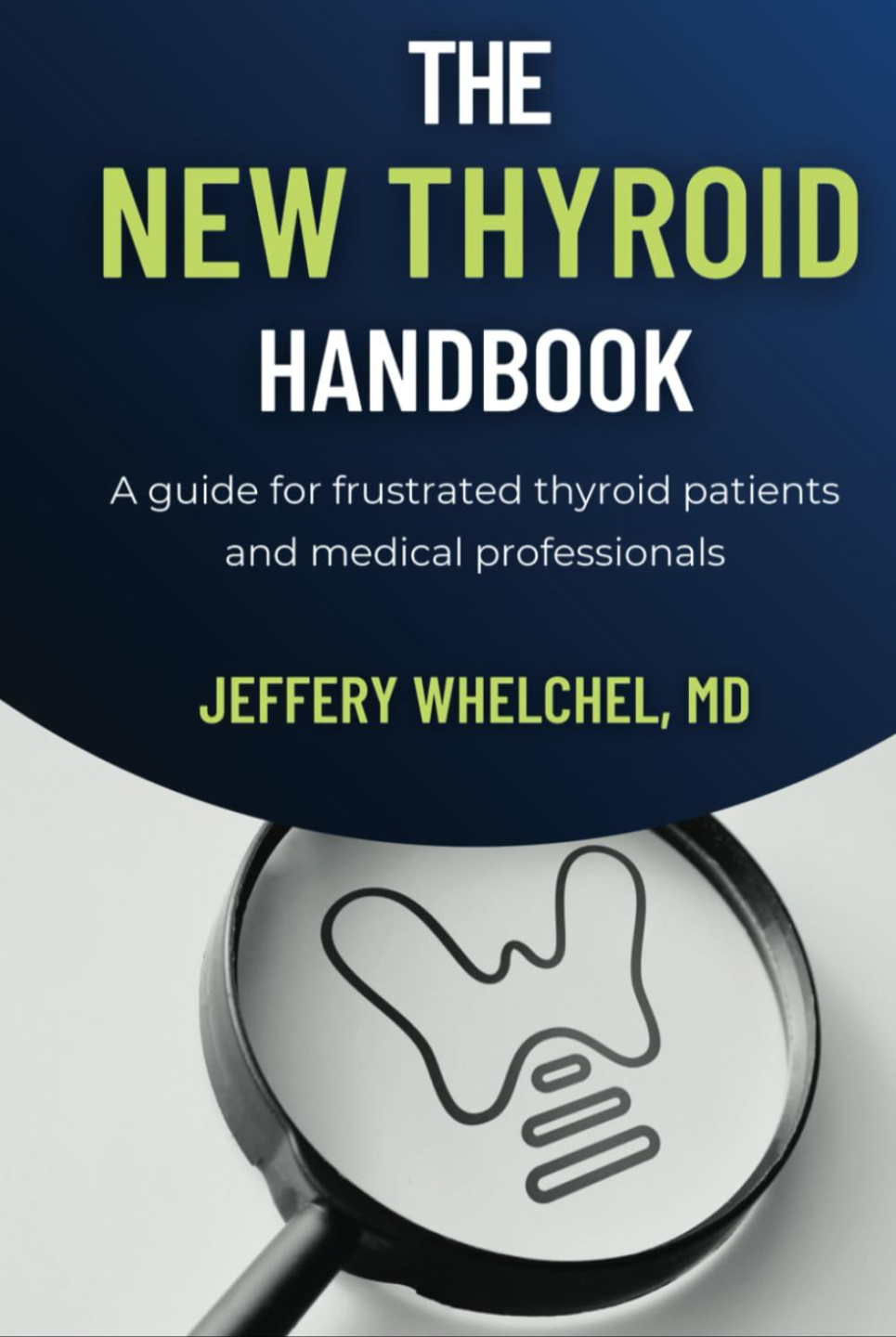Keto Diet Pros and Cons
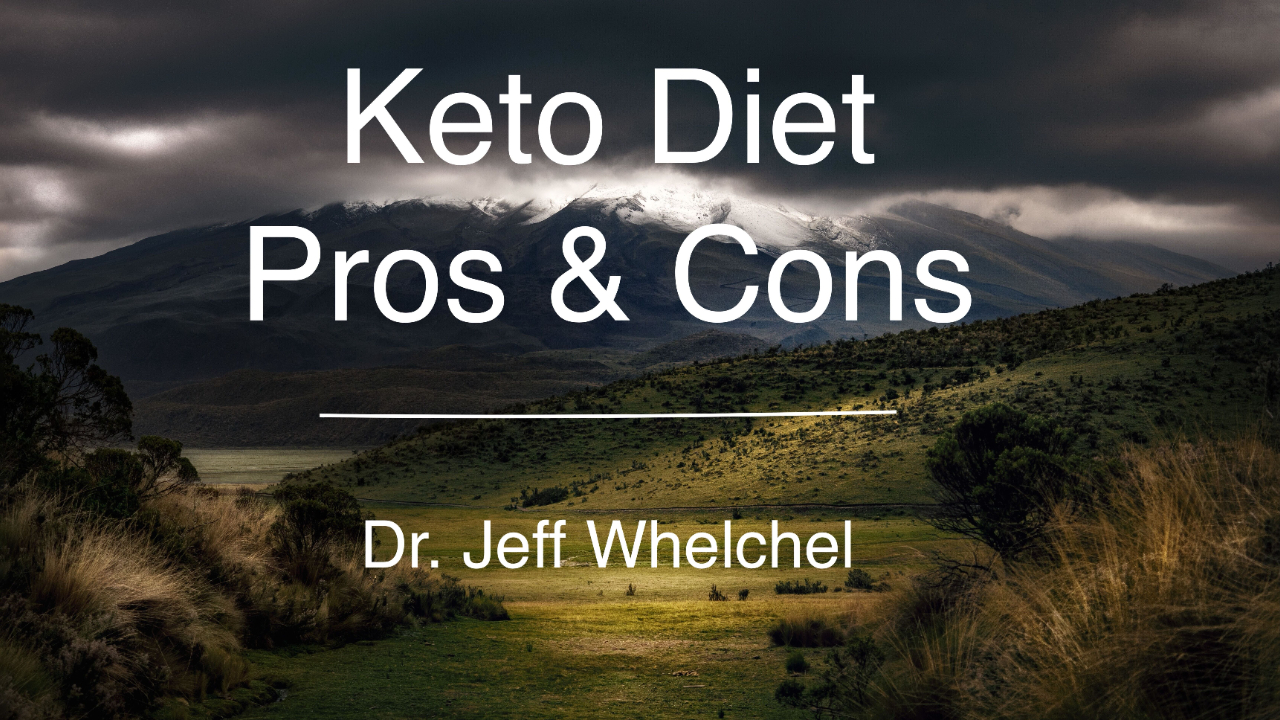
Chances are you have heard about the Keto Diet a lot from friends, coworkers, or family members. It is also all over the news and social media.
The popularity of the Keto Diet has soared over the past few years via marketing campaigns and word-of-mouth.
So what is the Keto Diet? Is it safe? Does it work? What foods do you eat and what do you avoid? What are the keto diet pros and cons? What does the research show about it? When should you consider using it?
I will answer these questions and many more in this article...
History of the Keto Diet

Versions of the ketogenic (Keto) diet have been around for over 100 years. It was used in the 1800s to help control blood sugar levels in patients with diabetes. It was introduced as a treatment for epilepsy in children in the 1920s. It has since been used as a treatment for various conditions, including cancer, dementia, and other neurological disorders.
Over the past 30 to 40 years, its popularity as a weight loss diet has skyrocketed. It began with the Adkins Diet, which promoted a mostly protein (meat) based diet with moderate fat intake and low carbohydrates. Other diets have since been developed such as the South Beach Diet, Whole 30, Paleo, and many others.
The primary progression of these diets has been in the percentage of fat that is recommended.
What is the Keto Diet?
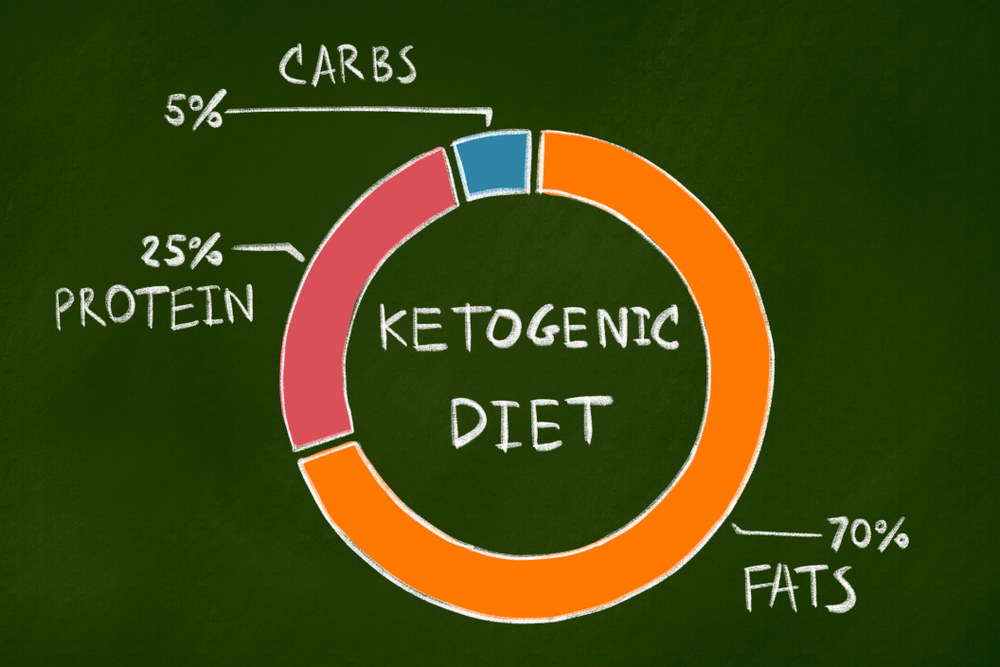
While Adkins, South Beach and other diets have a high amount of protein, the Keto Diet gets the majority of its calories from fats. Protein levels are moderate, while carbs are extremely low (~5% on the traditional Keto).
The concept of the keto diet is to make your body burn fat for fuel instead of glucose.
The preferred fuel for our cells is glucose (sugar). Glucose is derived from eating foods that contain sugar and carbohydrates. That glucose is either used immediately for fuel or stored in the liver or muscles as glycogen.
With the keto diet, the body is deprived of the majority of food sources of sugar and carbs. After 3-4 days, all stores of glucose in the body are used up. The liver will then begin burning fat for fuel. A bi-product of this process is the production of ketones (thus the name ketosis).
Keto Diet vs Low Fat Diet
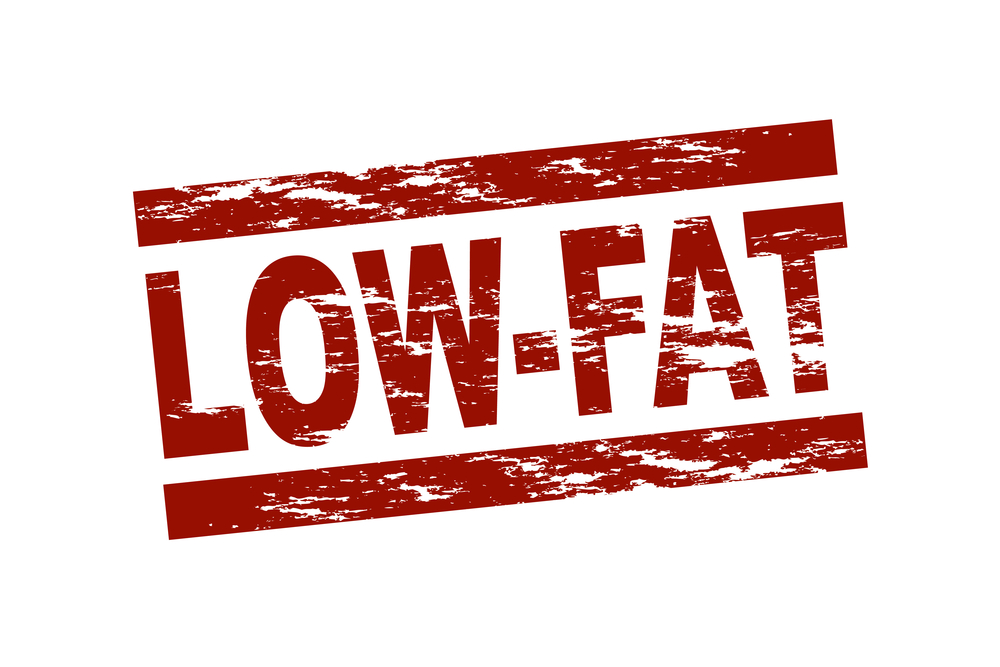
Many of the major health organizations (AHA, ADA, etc) still hold the position that too much fat in the diet is a major cause of health issues. In fact, most still recommend keeping fat intake to no more than 30% of the total calories.
However, many studies over the past decade have called this into question. Many experts now recommend reducing the carbohydrate intake rather than fat.
So which is better a helping with weight loss? Low car or low fat?
One study showed no weight loss difference between a low fat and a low carb diet.
Several other studies, however, show that low carb diets result in more weight loss than low fat diets, especially early. Click here, here, here and here for examples.
A big problem with most low fat diets is participants tend to replace the fat content in the diet with simple or processed carbs, which is much worse than eating fat.
Benefits of the Keto Diet

Potential Negatives of the Keto Diet

How Long Should You Stay on the Keto Diet?
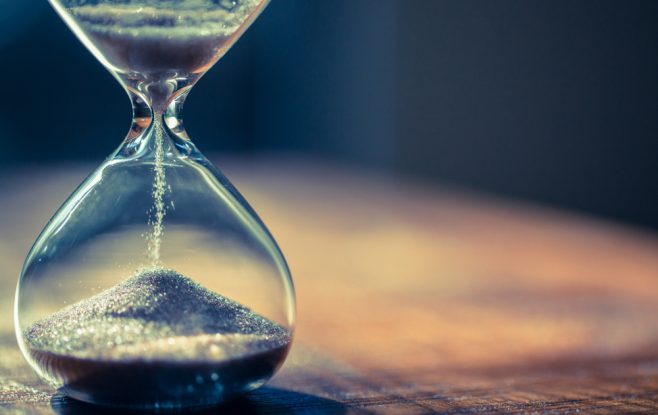
The short answer is, it depends. Some people feel great on the keto diet, while other people can feel fatigued or moody while on it.
Some experts feel that the true benefit of the keto diet would be to go in and out of ketosis, not necessarily stay in ketosis indefinitely.
I typically recommend giving the diet a good 4-6 weeks. At that time, assess how you feel and monitor your labwork - blood sugar, insulin, thyroid, kidney function, and liver function.
If you feel good, you can continue on it for longer. If you feel bad, consider slowly adding back some good whole food carbs (fruit, veggies, legumes) until you feel better.
Another option to consider is eating a strict keto diet for about 1 month every 3-4 months, then going back to a whole food, organic diet with more carbs during the other months.
Every body and every system is unique. You may have to do trial and error until you find what eating plan best fits you.
How Do You Get Off of the Keto Diet?

Will You Gain Weight After Stopping the Keto Diet?
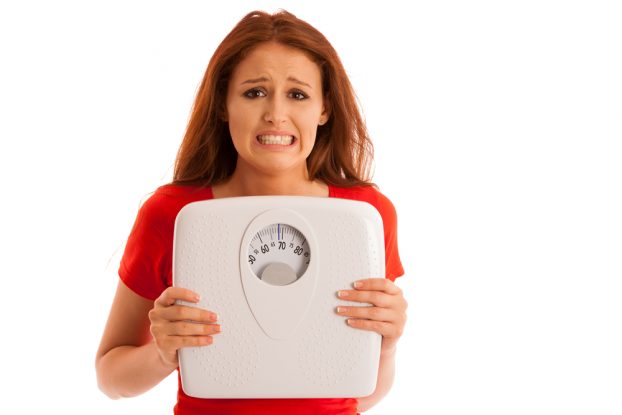
The answer is maybe. If you go right back to your previous poor eating habits, you will likely gain most if not all of the weight that you lost on the diet.
That is why it is so important to transition off of the keto diet slowly and carefully, preferably to a primarily whole food, organic diet. Continue to avoid sugar and processed carbs (pasta, bread, doughnuts, etc).
If you do this right, your weight will most likely maintain at your goal weight that your worked so hard to achieve while on the keto diet.
My Guidelines for Using the Keto Diet

Summary
The keto diet is an extremely popular diet that works by reducing the amount of sugar and carbs consumed. The majority of calories come from healthy fats, while protein intake is moderate.
After a few days, the lack of sugar in the diet forces the body to burn fat for fuel. This results in the production of ketones.
The keto diet can cause significant weight loss and help reduce appetite. It has been shown to help treat neurological and cognitive disorders. It can also help reduce insulin resistance and lower cholesterol levels.
The keto diet can cause significant side effects early in its use. It may also increase uric acid, worsen constipation, and may have an effect on thyroid levels.
It is important to eat from good sources of fat and protein, especially plants.
Make sure you hydrate well while on the keto diet.
Now it's your turn...
Have you tried the keto diet? What results did you have?
Di you have any side effects or other problems?
Send me your comments!

